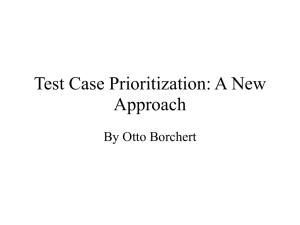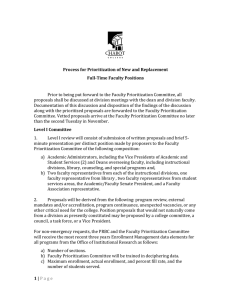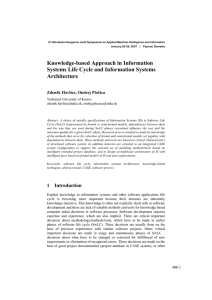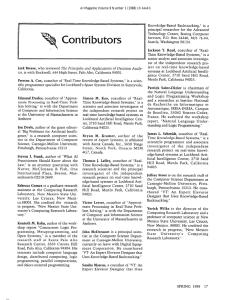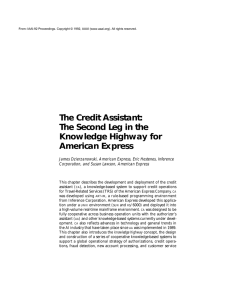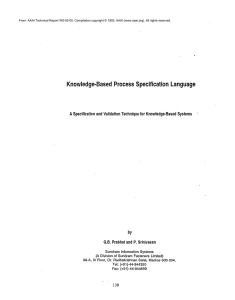Globalization and the Knowledge-based Society
advertisement
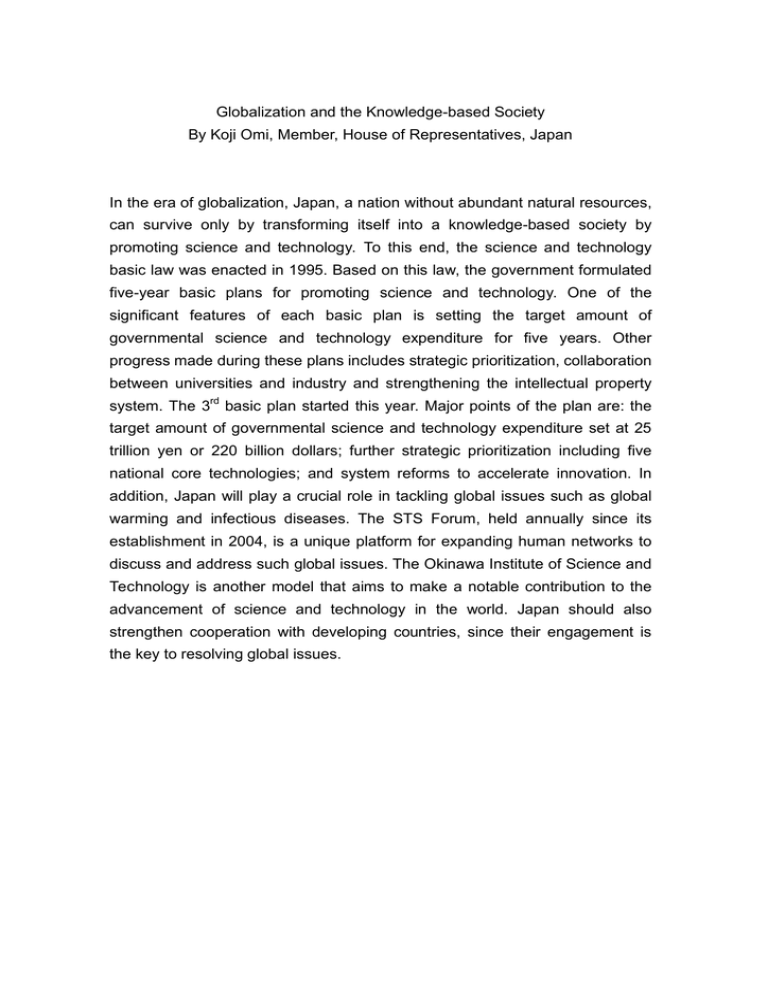
Globalization and the Knowledge-based Society By Koji Omi, Member, House of Representatives, Japan In the era of globalization, Japan, a nation without abundant natural resources, can survive only by transforming itself into a knowledge-based society by promoting science and technology. To this end, the science and technology basic law was enacted in 1995. Based on this law, the government formulated five-year basic plans for promoting science and technology. One of the significant features of each basic plan is setting the target amount of governmental science and technology expenditure for five years. Other progress made during these plans includes strategic prioritization, collaboration between universities and industry and strengthening the intellectual property system. The 3rd basic plan started this year. Major points of the plan are: the target amount of governmental science and technology expenditure set at 25 trillion yen or 220 billion dollars; further strategic prioritization including five national core technologies; and system reforms to accelerate innovation. In addition, Japan will play a crucial role in tackling global issues such as global warming and infectious diseases. The STS Forum, held annually since its establishment in 2004, is a unique platform for expanding human networks to discuss and address such global issues. The Okinawa Institute of Science and Technology is another model that aims to make a notable contribution to the advancement of science and technology in the world. Japan should also strengthen cooperation with developing countries, since their engagement is the key to resolving global issues.

